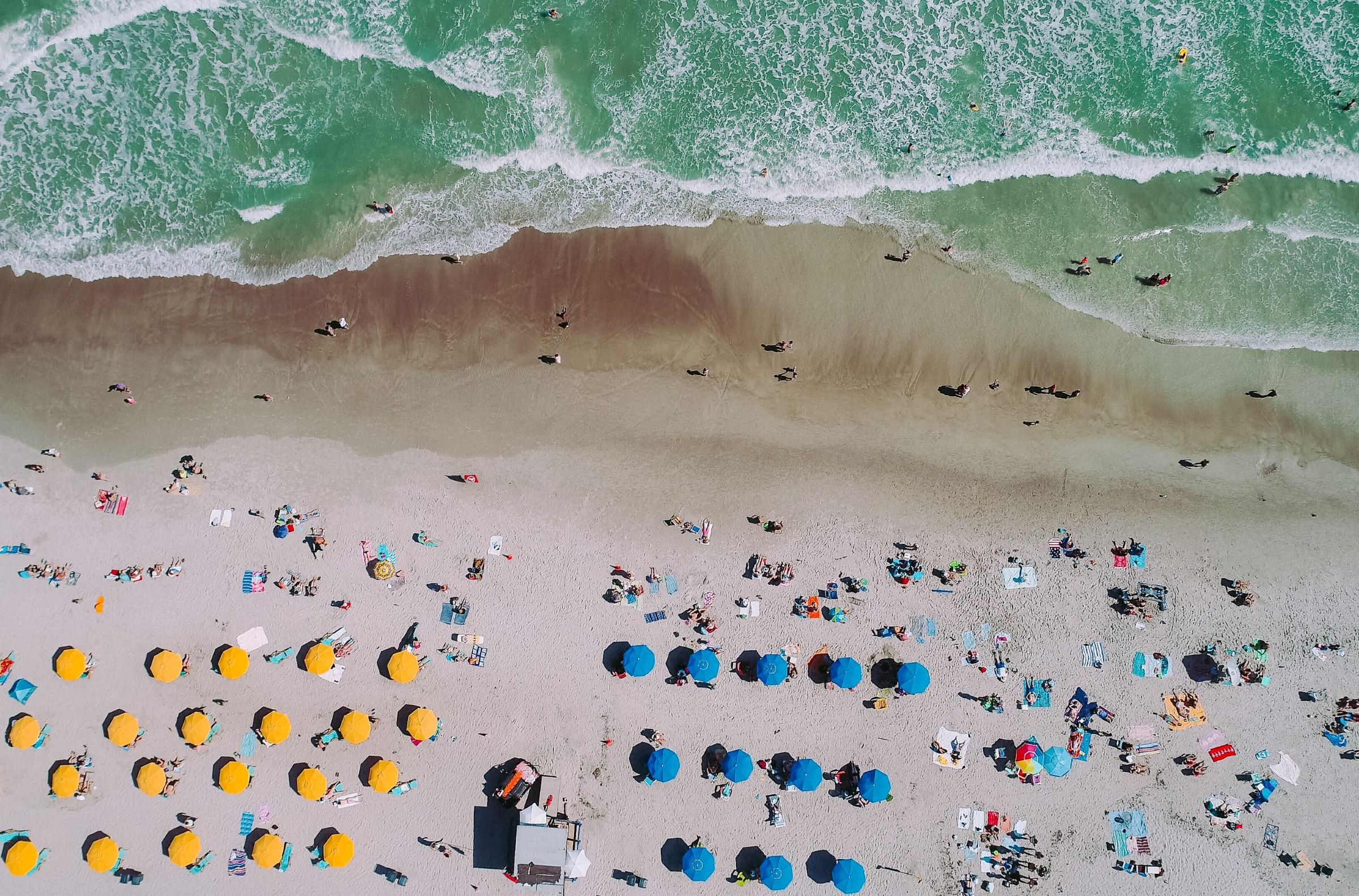Canadian poet Anne Carson once said that “the only rule of travel is: don't come back as you left. Come back different”. Today, this idea could be applied to the concept of travel itself. Consumerist mass tourism – with its wasteful buffet-style meals, vulgar and high-pollution luxury, motorbikes roaring through alpine valleys, and mega-hotels in natural parks – has had its day. We need a change. And it has to happen during one of the most complex economic junctures in history. In 2019, 1.5 billion tourist arrivals were recorded globally, a 4% increase over the previous year. This trend has, of course, been halted by the Covid-19-related economic crisis, which has badly affected the tourism industry, from airlines to the hospitality sector. According to the UN World Tourism Organization, over 55 million jobs worldwide are at risk, with many already having been lost. Operators in the tourism sector are facing a serious liquidity crisis. Travel restrictions caused a 97% drop in international tourist arrivals in April, while between January and April 2020 this figure had fallen by 44%, leading to a loss of 195 billion dollars in international tourism revenues. These numbers are likely to see another threefold increase, as the global data from May to July was not yet available at time of printing. “The sudden and massive fall in tourist numbers threatens jobs and economies. It is vital, therefore, that the restart of tourism is made a priority and managed responsibly, protecting the most vulnerable and with health and safety as the sector’s number one concern”, stated UNWTO Secretary-General Zurab Pololikashvili. “We again call for strong support for the sector in order to protect jobs and businesses”.
The crisis, however, could be an opportunity to avoid the future being a return to old ways. On the one hand, tourists and travellers have rediscovered local tourism, secondary destinations, the joys of cycling tourism and slow tourism. On the other hand, tour agencies and operators can take the opportunities granted by anti-crisis plans, from the EU’s Green Deal to subsidised loans from banks like BNP-Paribas and Intesa San Paolo that promote decarbonisation and the introduction of circular practices. Given the lack of cash-flow, the public will undoubtedly have an important role to play, as Pololikashvili himself reminds us. Also necessary, however, are vision, courage, and the ability to perceive new emerging trends.
In this issue of Renewable Matter, we have tried to show how the tourism sector’s linear-to-circular transition can be accelerated. Kelly Bricker, of the University of Utah, recounts the benefits of slow and regenerative tourism, while Rudi Bressa shows how sustainable travel practices can be deployed strategically to protect forests, as it is happening, for example, in Peru’s Tambopata nature reserve. Ecotourism can also protect mountain ecosystems by teaching visitors to respect their surroundings and to travel slowly, avoiding motorised vehicles and skiing at all costs. Marco Zorzanello’s beautiful photo-reporting on artificial snow shows how this holds true even when there is no snow. Of course, we could not go without discussing plastic-free practices, hotel and in-flight amenities, and attempts to adopt circular economy policies for procurement and consumer products in the world of travel more generally – although we also saw that the road ahead is still long. In terms of transport, we focused on biofuels for the aviation sector and hydrogen-based innovations in the world of rail. Finally, our report on Circular Economy Tours shows an innovative way of experiencing and experimenting with circularity.
An interesting excitement undoubtedly emerges from the many interviews, reflecting a desire to change course and turn this crisis into an opportunity. Will this be the driving force in restarting a crucial sector and quickly crossing the dark valley of the looming economic crisis?



